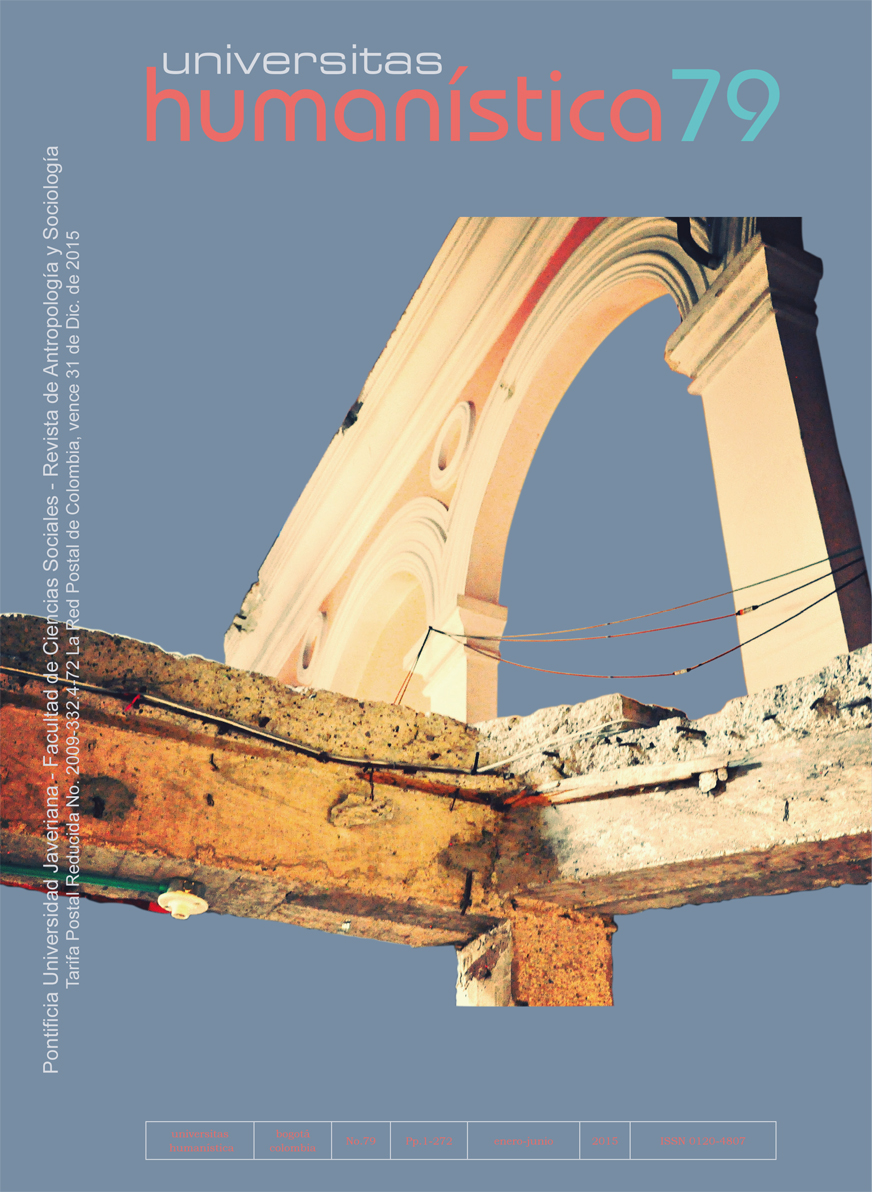Abstract
This article introduces a reflection on the adoption in Colombia of yaoi manga –Japanese comics that narrate homoerotic stories among men– by young fan girls known as fujoshis. It is suggested that in this space of consumption the fans develop their own voice of feminine desire, as an alternative to the governance of sexuality in youths. Said governance imposes specific ways of self-restrain and self-control of female sexuality in youths, based on an ideal type the way to be a woman. This own voice of desire is reconstructed in the article through the contextualization of yaoi manga and its arrival to the country, how fans have access to it, and how they get to interpret it.
This journal provides immediate open access to its content on the principle that making research freely available to the public, encourages greater global exchange of knowledge.
The journal Universitas Humanística is registered under a Creative Commons Attribution 4.0 International Public License. Thus, this work may be reproduced, distributed, and publicly shared in digital format, as long as the names of the authors and Pontificia Universidad Javeriana are acknowledged. Others are allowed to quote, adapt, transform, auto-archive, republish, and create based on this material, for any purpose (even commercial ones), provided the authorship is duly acknowledged, a link to the original work is provided, and it is specified if changes have been made. Pontificia Universidad Javeriana does not hold the rights of published works and the authors are solely responsible for the contents of their works; they keep the moral, intellectual, privacy, and publicity rights.
Approving the intervention of the work (review, copy-editing, translation, layout) and the following outreach, are granted through an use license and not through an assignment of rights. This means the journal and Pontificia Universidad Javeriana cannot be held responsible for any ethical malpractice by the authors. As a consequence of the protection granted by the use license, the journal is not required to publish recantations or modify information already published, unless the errata stems from the editorial management process. Publishing contents in this journal does not generate royalties for contributors.


